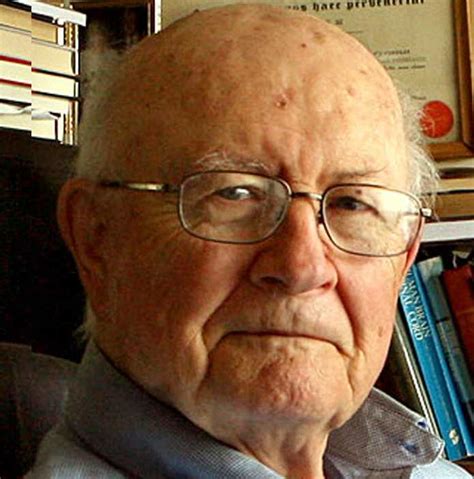A Quote by Daniel Kahneman
We're generally overconfident in our opinions and our impressions and judgments.
Quote Topics
Related Quotes
Ordinarily logic is divided into the examination of ideas, judgments, arguments, and methods. The two latter are generally reduced to judgments, that is, arguments are reduced to apodictic judgments that such and such conclusions follow from such and such premises, and method is reduced to judgments that prescribe the procedure that should be followed in the search for truth.
Science attacks our most cherished opinions. Opinions which come straight from our collective gut. Oh, wait, according to gastroenterologists, the only thing that comes from the gut is waste left from the digestion of food. That’s right, “waste.” I guess that means that scientists literally think our opinions should be flushed down the toilet!
For too many of us, it's become safer to retreat into our own bubbles, whether in our neighborhoods or on college campuses, or places of worship or especially our social media feeds, surrounded by people who look like us and share the same political outlook and never challenge our assumptions. And increasingly, we become so secure in our bubbles that we start accepting only information, whether it's true or not, that fits our opinions, instead of basing our opinions on the evidence that is out there.



































